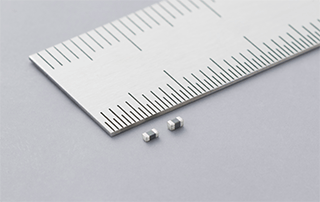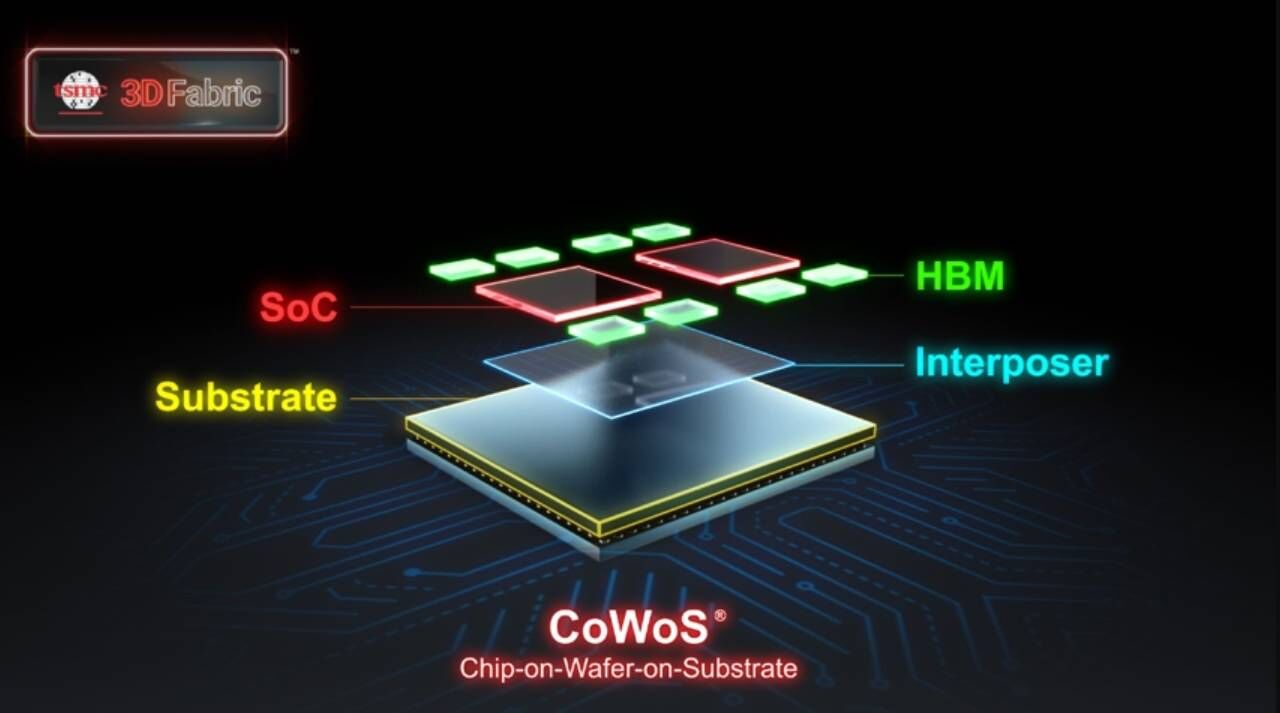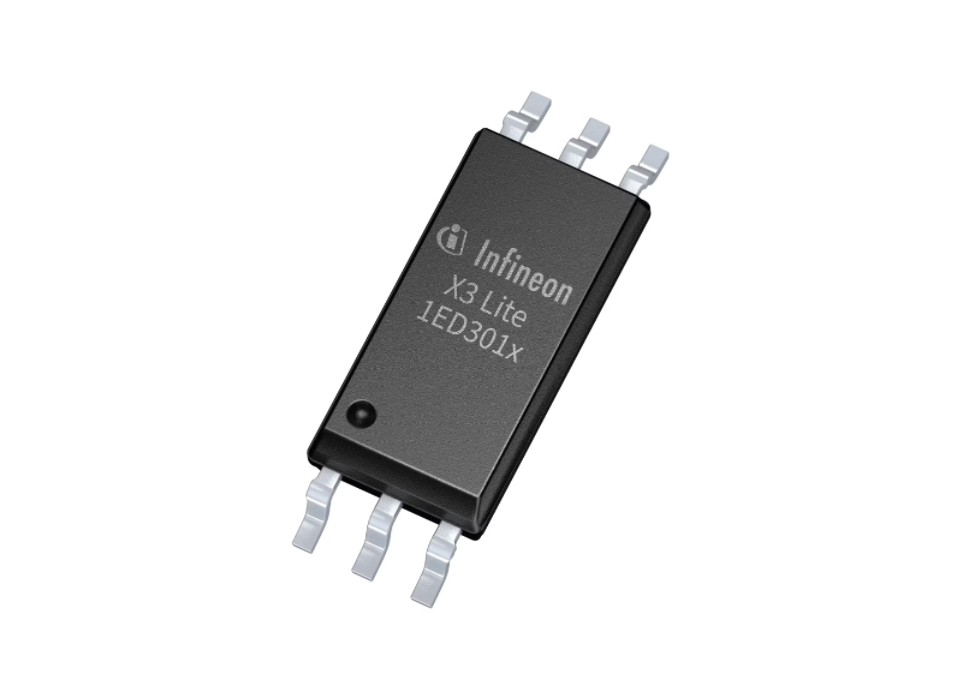Murata has announced the release of the BLM18KN_EH series of chip ferrite beads for noise suppression in power lines at temperatures up to 175°C. Target applications are automotive equipment such as engine and transmission electronic control units (ECUs) and turbo motor controllers, with the components meeting AEC-Q200 qualification requirements.
As electrification advances, the demand for compact, lightweight and robust electronic control substrates continues to grow, particularly as more and more ECUs are positioned closer to the engine. Previously, automotive engineers have not been able to directly address power line noise suppression, instead implementing them in cooler areas which complicates the design. The BLM18KN_EH series of chip ferrite beads helps engineers meet this design challenge.
By selecting a ferrite material that does not lose its magnetic properties at high temperatures and an electrode to suppress temperature-related deterioration, Murata’s BLM18KN_EH series conforms to the AEC-Q200 standard for use up to 175°C. Eliminating design stress for high temperature areas, negates the need to review the mission profile. Energization is possible at 150°C, which increases the degree of design freedom. An additional benefit of the new BLM18KN_EH series is its low DC resistance, which reduces heat generated and therefore increases efficiency.
The new BLM18KN_EH chip ferrite beads are available in 0603 inch size with dimensions down to 1.6 mm × 0.8 mm. The devices have low direct current resistance (Rdc) for compatibility with large currents, optimal for low power consumption. Over the wide operating temperature range the rated current is from 740 mA to 4,000 mA (−55°C to +125°C), 490 mA to 2,600 mA (+150°C) and 10 mA (+175°C). Typical impedance at 100 MHz ranges from 26 Ω to 1000 Ω.
More information please visit https://www.murata.com/en-us/search/productsearch?cate=cgsubChipFerriBead&partno=BLM18KN*EH&realtime=0.












All Comments (0)